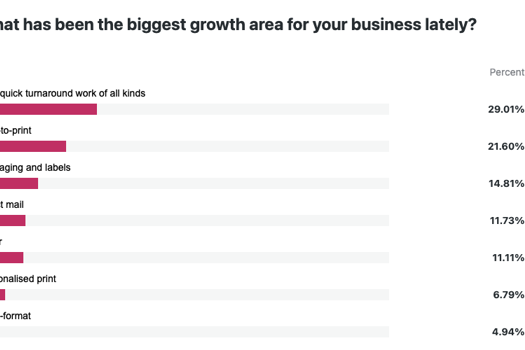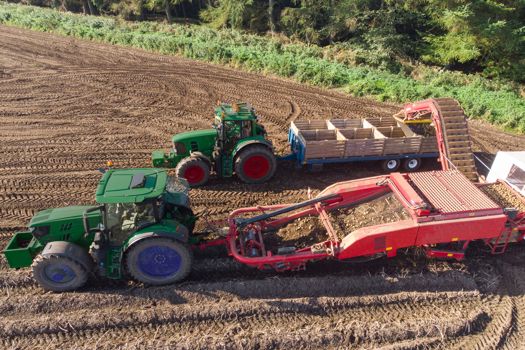Durst’s landmark HQ building is in Brixen in the South Tyrol and was not affected by the initial restrictions in the north of the country, prior to the Italian government declaring the entire country a protected zone due to the coronavirus outbreak.
In a statement, Durst CEO Christoph Gamper said: “Currently we have a positive tested case in-house, but the employee in question has not been [at] the company for 13 days and has had only very limited contact with other employees.
“After consultation with the company doctor and the medical unit, another person will be sent to house quarantine for two days. Further measures are not necessary for the time being.”
Gamper said the supply chain for the production of the printing systems “is secured for the next few months and all agreed deadlines can be met”.
Ink deliveries to customers are also unaffected, he asserted.
“Durst management will comply directly with all regulations issued by government health authorities to ensure and protect the safety and health of employees, customers, business partners and their families as far as possible. We are convinced that together we can master this difficult situation and emerge from it stronger.”
Durst said it had reacted early to the Covid-19 situation with increased hygiene measures, distance rules and restrictions on travel activities with customer visits and on-site meetings cut back.
Employees are also working from home where possible.
Durst makes a range of digital printing equipment for large-format, textiles, ceramic and industrial applications. It also has a joint venture with Koenig & Bauer.
The group employees more than 700 people worldwide, it's understood around 300 work at the Brixen facility.
Based on current information the firm is the first industry manufacturer to confirm a case of Covid-19 in its workforce.
Italy is now second only to China in the number of Covid-19 cases reported, with 10,149 cases and 631 deaths.
Update: on Wednesday (12 March) the number of cases reported in Italy increased to 12,462 with 827 deaths. New restrictions in the country include the closure of all shops except pharmacies and food shops, as well as "non-essential" company departments.










